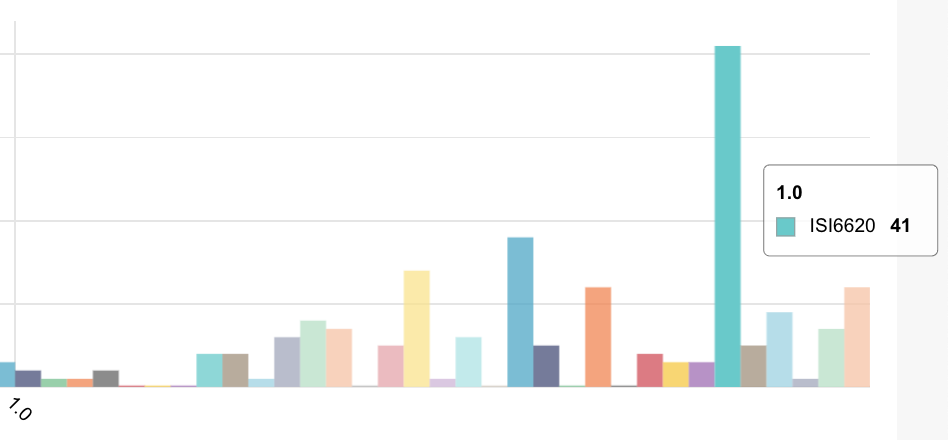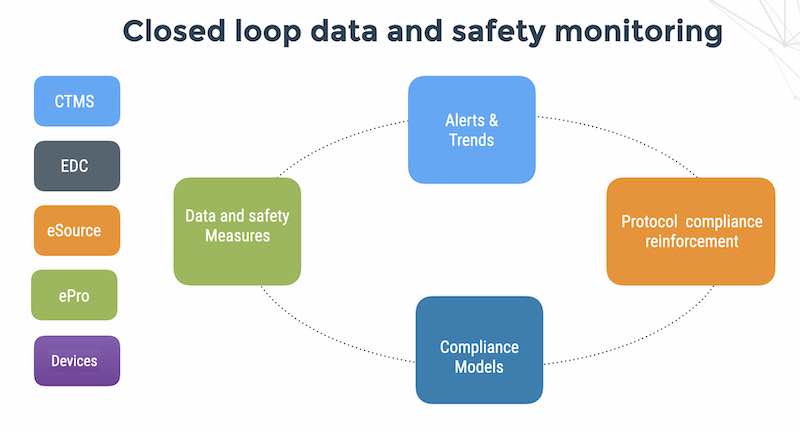If a little compliance creates a false sense of security then a lot of compliance regulation creates an atmosphere of feeling secure, while in fact most businesses and Web services are in fact very insecure.
Is a free market democracy doomed to suffer from privacy breaches – by definition?
My father is a retired PhD in system science from UCLA who worked for many years in the defense industry in Israel and California. At age 89 he is sharp, curious and wired, with an iPad and more connected and easily accessible on the Net than most people are on their phone.
He sent me this item which turned out to be yet another piece of Internet spam and urban legend that has been apparently circulating the Net for over 10 years and has resurfaced just in time for the US Presidential elections.
A democracy is always temporary in nature; it simply cannot exist as a permanent form of government….The average age of the world’s greatest civilizations from the beginning of history, has been about 200 years.During those 200 years, these nations always progressed through the following sequence:From bondage to spiritual faith;
From spiritual faith to great courage;
From courage to liberty;
From liberty to abundance;
From abundance to complacency;
From complacency to apathy;
From apathy to dependence;
From dependence back into bondage
I told my Dad that it looks and smells like spam. A quick read shows that it is a generalization from a sample of one. The Roman Empire lasted about 500 years. The Ottoman Empire lasted over 700 years. The British Empire lasted about 200 years from 1783 to 1997 (withdrawal from the Falklands). The Russian Empire lasted 200 years and the Soviets lasted less than 80. The Byzantine over 1000 and so on… See http://listverse.com/2010/06/
Rumors of the downfall of American democracy are premature, even though the US is more of a service economy than a manufacturing economy today than it was 200 years ago.
The US has shifted over the past 40 years from manufacturing and technology innovation to technology innovation, retail, outsourcing and financial services. An obvious observation is Apple, with most of it’s manufacturing jobs outside the US, a net worth of a not-so-small country and perhaps, the most outstanding consumer technology innovator in the world. Another, and more significant example is Intel, one of the world’s technology leaders with a global operation from Santa Clara to Penang to China to Haifa and Jerusalem. World class companies like Intel and Apple are a tribute to US strengths and vitality not weaknesses. In comparison, excluding Germany, Poland and a handful of other European countries, the EU is on the edge of bankruptcy.
In this period of time, has the US improved it’s information security in the face of rapidly increasing connectivity, mobile devices and apps and emerging threats such as APT (advanced persistent threats)?
Apparently not.
The sheer volume and fragmented state of US data security and privacy regulation is practically a guarantee that most of the regulation will not be properly enforced.
On the other hand, the unified nature of EU data security directives makes it easier to enforce since everyone is on the same page.
We would argue that a free market, American style economy results on more technology innovation and economic vitality but also creates a chaotic regulatory environment where the breach of 300 million US credit cards in less than 10 years is an accepted norm. The increase in compliance regulation by the Obama administration does not impress me as a positive step in improving security.
As my colleague, John P. Pironti, president of risk and information security consulting firm IP Architects, said in an interview:
The number-one thing that scares me isn’t the latest attack, or the smartest guy in the street, it’s security by compliance, for example with PCI DSS 2.0
Security by compliance, he said, doesn’t do a company any favors, especially because attackers can reverse-engineer the minimum security requirements dictated by a standard to look for holes in a company’s defense.
In that case, if a little compliance creates a false sense of security then a lot of compliance regulation will create an atmosphere of feeling secure, while in fact most businesses and Web services are in fact very insecure.





